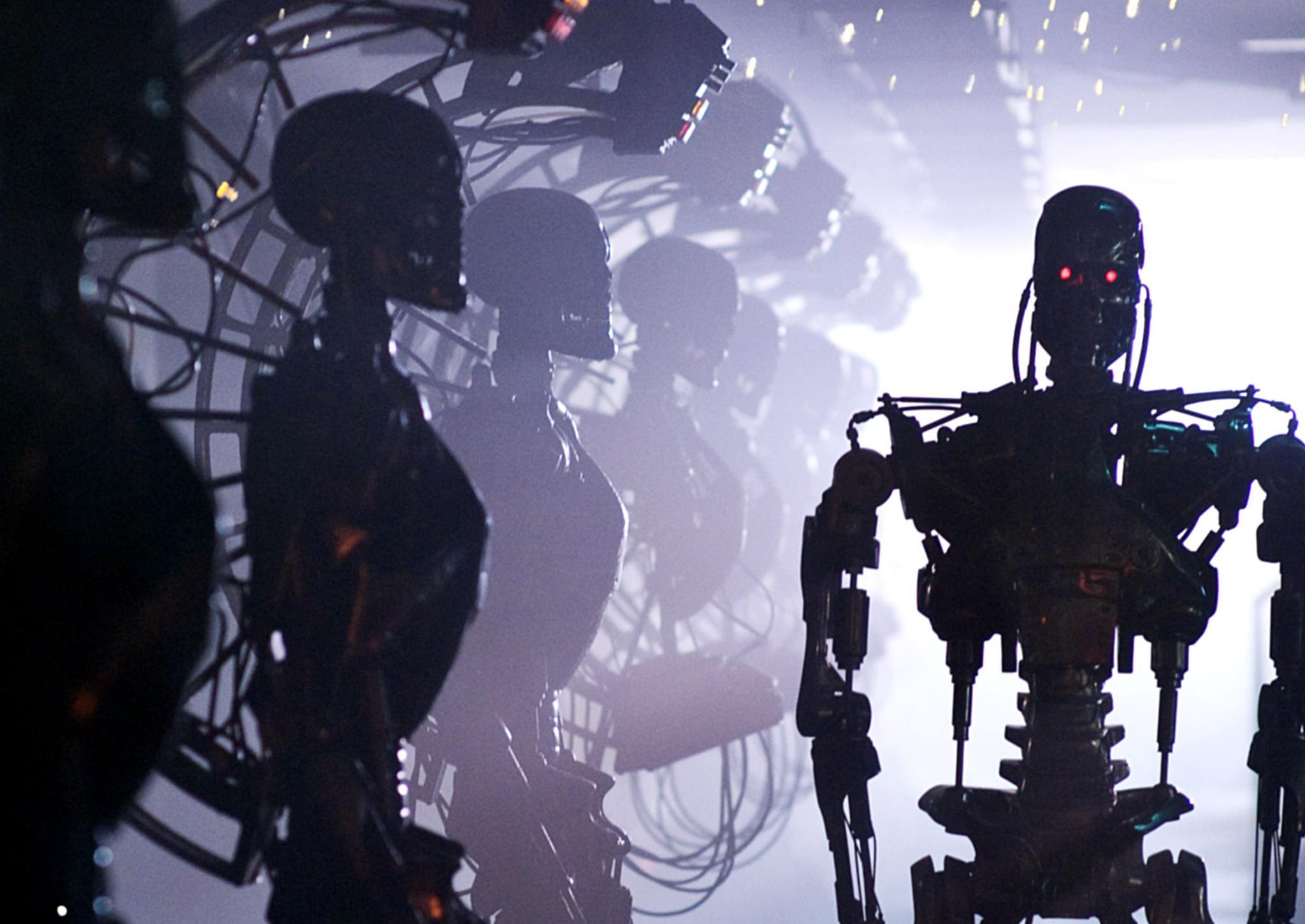Killer robots are almost inevitable, former defence chief warns
'A machine doesn’t blink, doesn’t get hot, doesn’t get cold and just follows the rules' says retired general, Sir Richard Barrons

Your support helps us to tell the story
From reproductive rights to climate change to Big Tech, The Independent is on the ground when the story is developing. Whether it's investigating the financials of Elon Musk's pro-Trump PAC or producing our latest documentary, 'The A Word', which shines a light on the American women fighting for reproductive rights, we know how important it is to parse out the facts from the messaging.
At such a critical moment in US history, we need reporters on the ground. Your donation allows us to keep sending journalists to speak to both sides of the story.
The Independent is trusted by Americans across the entire political spectrum. And unlike many other quality news outlets, we choose not to lock Americans out of our reporting and analysis with paywalls. We believe quality journalism should be available to everyone, paid for by those who can afford it.
Your support makes all the difference.The use of killer robots in global conflicts is “bound to come”, a former British defence chief has said.
Retired general, Sir Richard Barrons told The Telegraph that any pre-emptive ban is unlikely to be successful because autonomous weapons would be cheaper, more effective and could keep humans out of harms way.
“A machine doesn’t blink, doesn’t get hot, doesn’t get cold and just follows the rules,” he said. “Why would you send a 19-year-old with a rifle into a house first to see if anything is in there if you could send a machine? And there are many, many, many examples in the land and maritime environments.”
Last week, more than 100 technology experts wrote a letter to the United Nations urging it to ban autonomous weapons.
Among the 116 signatories were Mustafa Suleyman, head of Applied Artificial Intelligence at Google DeepMind, and Tesla founder Elon Musk.
“Lethal autonomous weapons threaten to become the third revolution in warfare,” the letter read. “Once developed, they will permit armed conflict to be fought at a scale greater than ever, and at time scales faster than humans can comprehend.
“These can be weapons of terror, weapons that despots and terrorists use against innocent populations, and weapons hacked to behave in undesirable ways. We do not have long to act. Once this Pandora’s box is opened, it will be hard to close.”
General Barrons was the chief of the UK’s Joint Forces Command until last year.
He said Britain will always make sure there is a human involved in operating weapons, but “if you ask other people around the world, they don’t have the same value struggle”.
He added: “Even if you don’t plan to have this capability yourself, you are going to have to deal with the fact that machines are going to turn up that are designed to be lethal and there’s no man controlling them at the time.
“This is bound to come and because militaries will be following the civil sector, this technology is likely to be cheaper than the stuff they have now and therefore more affordable and effective.”
Join our commenting forum
Join thought-provoking conversations, follow other Independent readers and see their replies
Comments